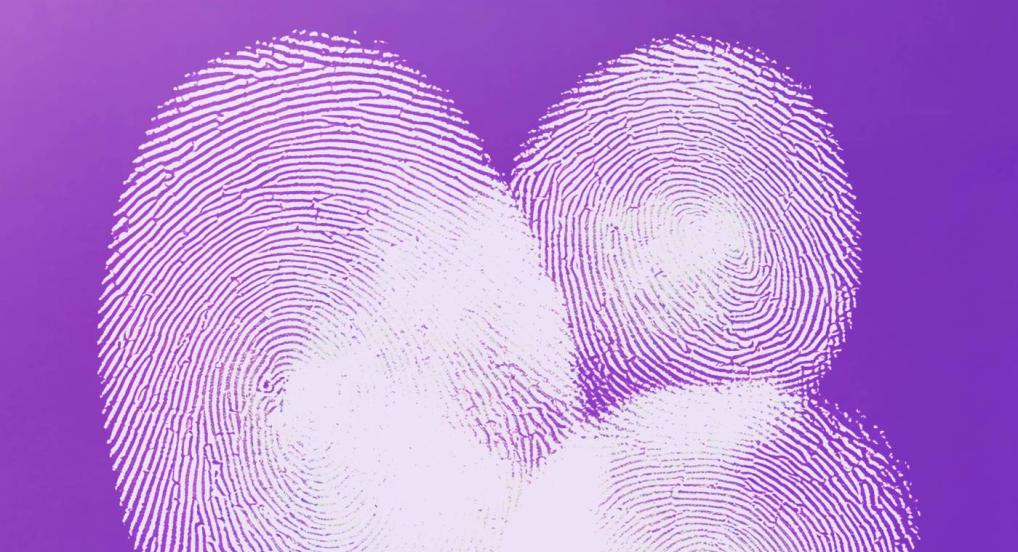Call for Video Screening
Authority is not merely a form of institutional or legal power; it also manifests as a multilayered structure of control operating within our everyday thoughts, language, memory, relationships, bodies, and modes of representation. According to Weber, authority is a legitimate form of power, with its legitimacy sometimes grounded in tradition, sometimes in charismatic figures, and at other times in rational-legal structures. Yet, by its very nature, authority has always been subject to debate – regarding how its legitimacy is established, whom it serves, and whom it excludes. Besides, for Foucault, authority does not stem from a central structure but emerges through discourses and practices. It is a technology of power that produces subjects, shaping individuals rather than merely repressing them. In this sense, authority must be understood not only as a force that dominates, but also as a mechanism that constitutes subjectivity.
Authority operates not only within top-down hierarchies but also in horizontal relations. Parent–child dynamics in the family, teacher–student relationships in schools, group norms among peers, and even the influence of algorithms on social media users all demonstrate the often-implicit forms of authority at work. Judith Butler’s analysis of the performative nature of gender exposes how authority shapes social roles: Deviation from norms is not only punished but also rendered invisible, excluded, or silenced.
Art and media are key fields where authority is both reproduced and critically examined. Visual representation is a powerful tool of discourse – and thus, a potent vehicle of authority. Yet it is also reversible, breakable, subvertible. Walter Benjamin’s concept of politicized art offers a crucial framework here: The relationship between the aesthetic and the political opens up possibilities for analyzing or resisting authority. Importantly, resistance is not limited to opposition; understanding how authority constructs itself and through which mechanisms it operates is also a form of intervention.
Submissions are now open for the video screening that will take place as part of the 3rd International Short Film, Video and Photography Symposium, to be held on October 24–26, 2025. This year’s video selection aims to create space for aesthetic, critical, and experimental interventions into the many facets of authority.
Titled Invisible Load, the screening will feature works that conceptually and aesthetically engage with and question the notion of authority. The program is curated by video artist Tahir Ün and Tuncer Mert Aydın.
The deadline for video submissions is September 1, 2025 and submissions are free of charge.
Submit now: https://www.apartsempozyum.com/en/Callforvideoscreenings

Add new comment